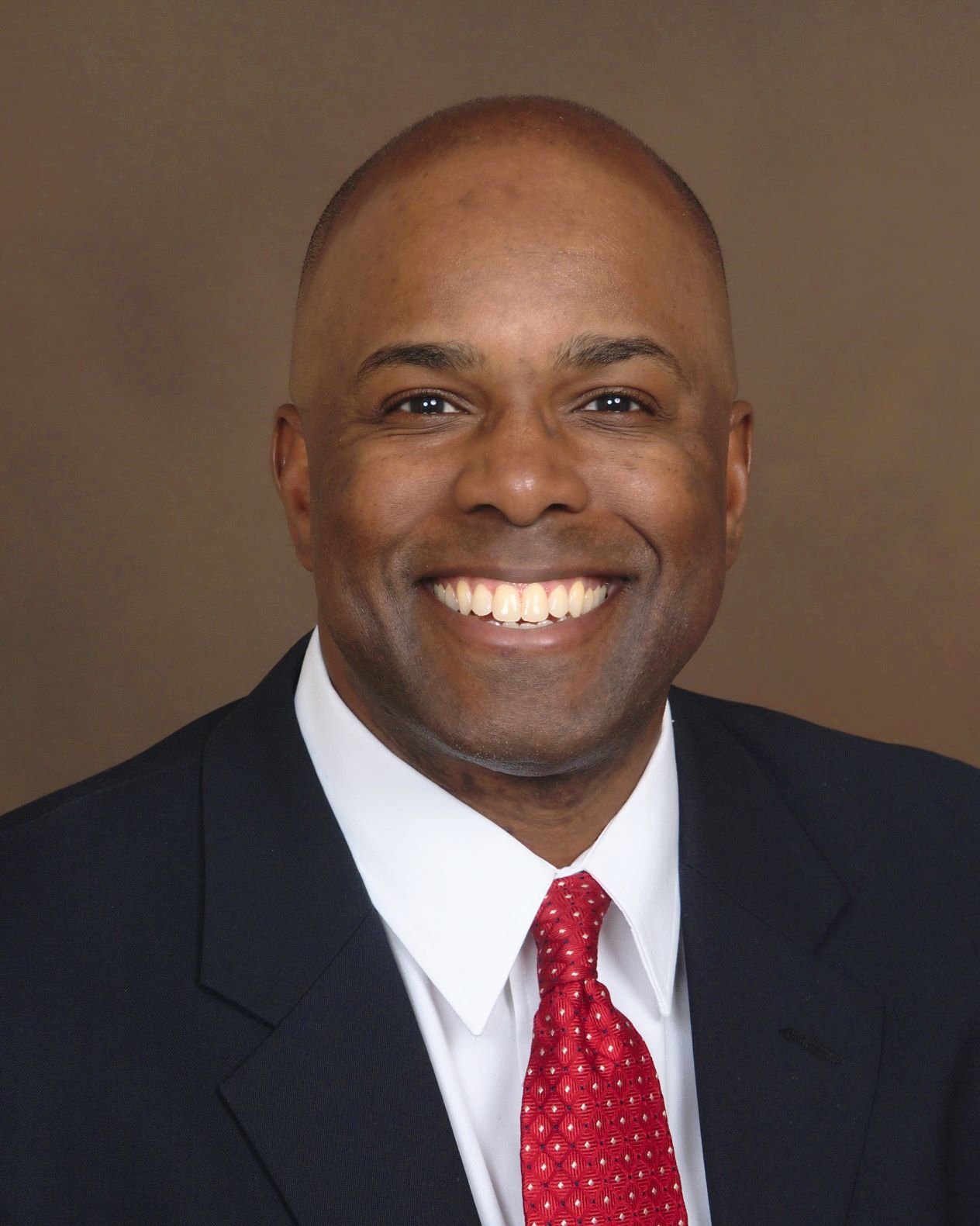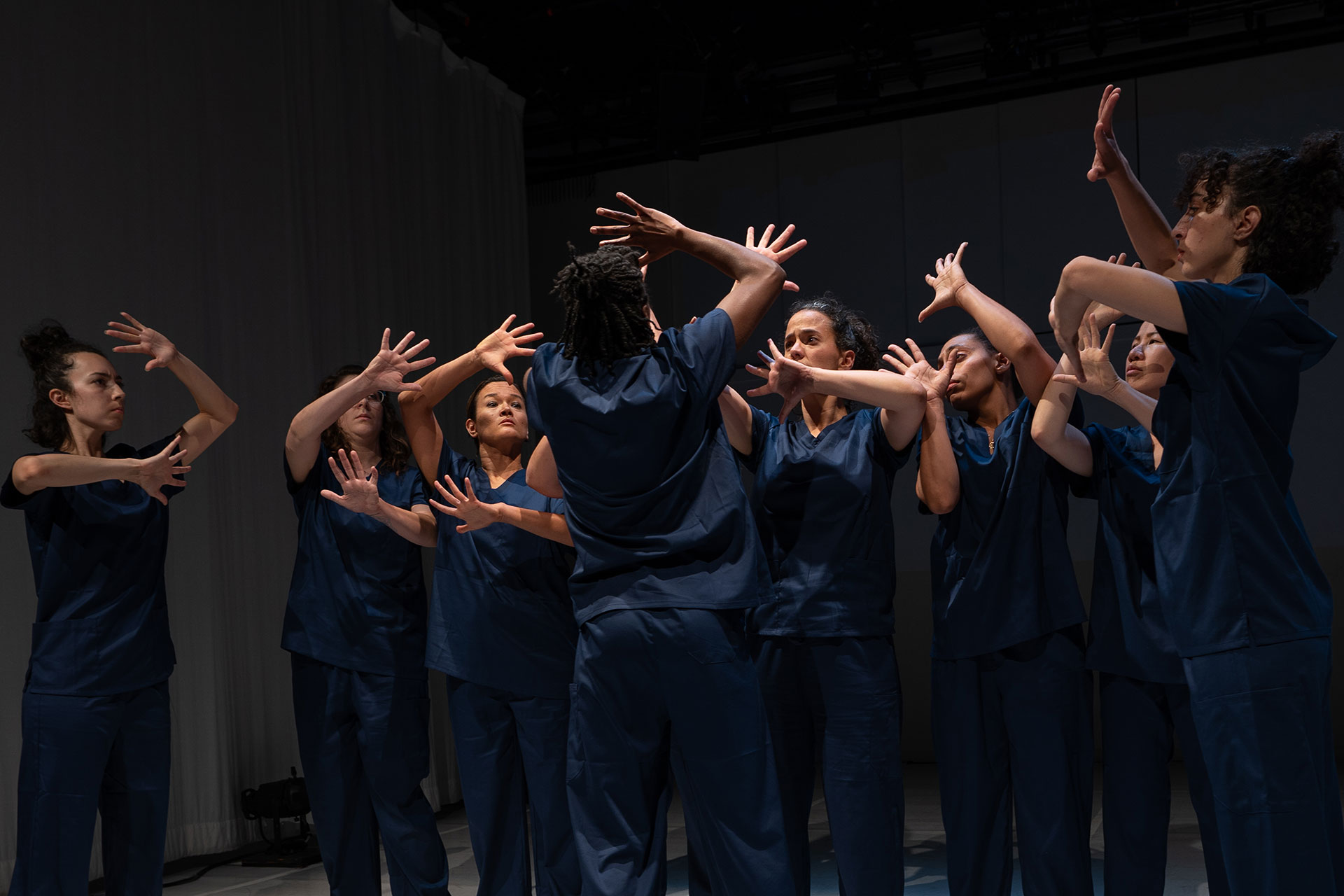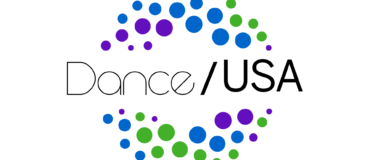The Election Year, #Dance2Vote and Top Issues Impacting the Dance Community

The Election Year, #Dance2Vote and Top Issues Impacting the Dance Community
Connect With Your Elected Officials and Learn About Dance/USA’s Election Toolkit
By Tony Shivers
The arts sector is a vital economic engine that directly employed more than 5 million U.S. workers prior to the pandemic. Moreover, according to a recent analysis, released by the Bureau of Economic Analysis within the U.S. Chamber of Commerce in March 2020, the arts and cultural workforce contributed $877.8 billion, or 4.5 percent, to the nation’s gross domestic product (GDP) in 2017. Beyond the economic importance of the arts sector and the creative economy, the arts sector provides additional benefits that strengthen local communities, improve schools, ensure students’ academic progress and success, and enhance the lives of families and children. A recent study (2017) by the School of Social Policy and Practice at the University of Pennsylvania confirms years of evidence concluding that the presence of cultural assets, including arts organizations and individual artists, positively corelates with improved health, educational outcomes, and safety.
Share Your Stories with Your Elected Officials
Dance/USA remains focused and committed to ensuring that the dance community, and the arts sector overall, not only survives the current pandemic, but thrives beyond the pandemic to continue to provide highly valued performances, educational events, and cultural programs. Dance/USA’s message and advocacy work on Capitol Hill and with the current Administration is centered around the importance of the creative economy and its workers to the nation’s overall economy.
The U.S. Congress and the Executive Branch must understand the importance of the arts sector and the creative economy, as well as understand the specific challenges and needs of the dance community, during and beyond the current pandemic. When dance professionals, arts-related businesses, non-profit organizations, and individual artists lean in with compelling personal stories and economic data, and engage directly with their elected officials at all levels about what is happening in their local communities, this strengthens the arts community.
To comply with federal, state, and local directives and guidance this past spring and summer and to adhere to health and safety protocols, dancemakers — from major dance companies, to studios, presenting organizations and independent artists — closed their doors to the public, cancelling or postponing performances and other public events. Many businesses and nonprofit organizations struggled to maintain their operations, including keeping employees on payroll. Individual artists and arts professionals struggled to make ends meet and many were laid off from secondary employment. In March 2020, U.S. Congress and the current Administration understood the need and passed and signed into the law the $2.2 trillion Coronavirus, Aid, Relief and Economic Security (CARES) Act, which provided federal enhanced unemployment benefits and established the Paycheck Protection Program. That allowed employers to defer federal payroll taxes, provided stimulus payments to families and individuals, and provided much needed funding to state and local governments, among other programs and initiatives. Many dance artists and dance professionals, their employees, and their independent contractors benefitted from the law.
New Fall COVID-19 Relief Package
Most programs and initiatives, however, including the Paycheck Protection Program and the federal enhanced unemployment benefit, expired in late July and early August 2020. Realizing that businesses, non-profit organizations, states, local governments, schools, families, and individuals needed more COVID-19 relief, U.S. House and Senate Democratic leadership and the White House started negotiations on another COVID-19 relief package in late July when Senate Republican leadership released its negotiation marker — the $1.1 trillion Health, Economic Assistance, Liability Protection, and Schools (HEALS) Act. That proposal provides funding for schools and colleges to reopen safely; extends federal enhanced unemployment benefits, but at the same level as provided under the CARES Act; expands the Paycheck Protection Program; and increases the Employee Retention Tax Credit, among other provisions.
Unfortunately, the House and Senate Democratic leadership and the White House failed to agree on another COVID-19 relief package, as most programs and initiatives under the CARES Act expired in late-July/early-August 2020, which left businesses, nonprofit organizations, families, and individuals continuing to struggle during August and September.
The President did act unilaterally in August to address the nation’s challenges through a series of executive orders concerning federal student loan relief, and the deferral of federal payroll taxes. As a result, the U.S. Department of Education followed through with suspending federal student loan payments through the end of 2020 and keeping federal loans at 0 percent interest during that time. The Centers for Disease Control and Prevention (CDC) issued an order under its emergency authority prohibiting landlords from evicting tenants from properties they can no longer afford due to lost income related to the current pandemic. The order is effective until the end of 2020 and tenants are still responsible for any rent owed. The Internal Revenue Service, working with the U.S. Department of Treasury, issued guidance pursuant to the President’s executive order for employers concerning withholding Social Security taxes. Employers can stop withholding payroll taxes starting September 1 through the end of 2020; however, employees will have to pay deferred taxes by the end of April 2021. The business community, including the U.S. Chamber of Commerce, is opposed to the President’s executive order because individual taxpayers will be left with a large tax bill in 2021. Furthermore, the Federal Emergency Management Agency under the U.S. Department of Homeland Security is administering the federal enhanced unemployment benefit pursuant to the President’s executive order drawing funding from the $44 billion federal disaster relief fund.
Prepare for the 2020 Elections: #Dance2Vote
Heading into the November 2020 elections, it is important for the public and certainly all arts supporters to be informed about candidates and their support for arts and culture. Dance/USA has developed a get-out-the-vote campaign — #Dance2Vote — to urge dance artists, dance professionals, arts supporters, and the general public to vote at all levels of government. Voters can learn how to register, where to vote, and how to request and send in their mail-in ballots from Dance/USA’s Election Toolkit The Americans for the Arts Action Fund provides a Congressional Arts Report Card through its ArtsVote campaign, which highlights Congressional voting records, sponsorship of key arts legislation, and participation in the cultural caucuses.
Dance/USA members and all arts supporters can also review issues that impact the dance community and the arts sector as a whole and learn how the arts can be supported as our nation moves beyond the pandemic. Additional COVID-19 resources and information can be found on the Dance/USA COVID-19 resource page. Heading into the next session of Congress in 2021, U.S. House Republicans released their policy platform for the 117th Congress, entitled Commitment to America. The plan proposes supporting local businesses and their workers with $200 billion in forgivable loans through the Paycheck Protection Program, ensuring every household will have access to high-speed Internet, and promoting workforce development and lifelong learning opportunities for Americans to pursue meaningful careers.
The 2020 Democratic Party Platform focuses on the economy; access to universal, affordable, and quality health care; improving the nation’s immigration system; and providing a world-class education system, among other issues. The 2020 platform also focuses on arts and culture (page 49); adequate funding for the National Endowment for the Arts and National Endowment for the Humanities; and support for arts and music education in our nation’s schools.
The Republican Party did not develop a 2020 platform; however, the current Administration released its agenda for a second term, which focuses on the economy, the health care system, education, and the environment.
This also means the November 2020 election at all levels — local, state, federal — like every election, is important for the future viability of the arts sector, particularly the dance community. It is crucial for all who support the arts to vote for candidates who have been and will continue to support arts organizations and programming that strengthens families, local communities, schools, the nation, and the world. Dance/USA encourages everyone who is eligible to register, vote and spread the word!
Dance/USA is confident that with support the field can return to what it does best: programming performances and creating initiatives that engage and enhance local communities and offer families and individuals enriching artistic experiences. Dance will play an integral part in how our nation moves beyond the pandemic.

Tony Shivers represents the interests of Dance/USA and OPERA America before Congress, the White House, and relevant federal agencies and works on a range of issues, including budget/appropriations, arts education, tax policy, cultural exchanges, foreign visas, and raising the overall awareness of the importance of arts to the global economy. Tony brings years of experience as a government affairs professional working on various education and health care issues at the federal, state, and local levels of government. One of Tony’s personal passions is ensuring that students are prepared for the global economy whatever path they may choose; he believes that arts education is critical toward their success. Tony previously led government affairs operations for various national nonprofit organizations in the Washington, D.C., area, including the National Association of State Boards of Education and National Association of Federally Impacted Schools. Tony also held leadership positions at United Way Worldwide and the Council for a Strong America organizations based in the Washington, D.C., area. Tony is passionate about giving back to the community through volunteerism and is active with the PTA at all levels as well as other nonprofit organizations. Tony received his B.S. in political science from the Pennsylvania State University and completed his law studies at Purdue University Global Concord School of Law.
____
We accept submissions on topics relevant to the field: advocacy, artistic issues, arts policy, community building, development, employment, engagement, touring, and other topics that deal with the business of dance. We cannot publish criticism, single-company season announcements, and single-company or single artist profiles. Additionally, we welcome feedback on articles. If you have a topic that you would like to see addressed or feedback, please contact communications@danceusa.org.
Disclaimer: Opinions expressed in guest posts do not necessarily represent the viewpoints of Dance/USA.





